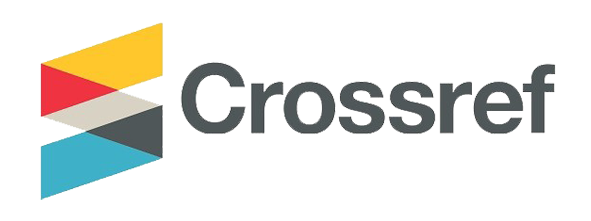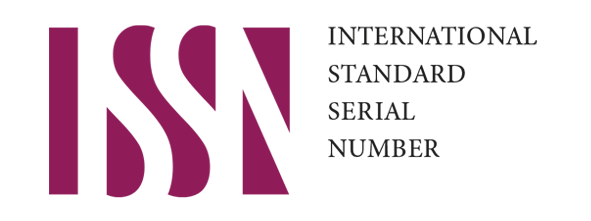Exploring Senior University Students' Use of ChatGPT and its Perceived Impact on Academic Writing
DOI:
https://doi.org/10.51178/jsr.v6i2.2494Keywords:
ChatGPT, Perceptions, Academic Writing, Senior University StudentsAbstract
This study investigates how senior university students use ChatGPT in academic writing processes and how they perceive its impact on the development of their academic writing skills. Adopting a qualitative approach, semi-structured interviews were conducted via Zoom with a sample of 10 male and female senior university students from 5 Palestinian universities located in the Gaza Strip. The qualitative thematic analysis which was applied with the support of NVivo software identified four key themes, namely: patterns of ChatGPT use, perceived benefits, perceived drawbacks and ethical implications. The data revealed that students mainly use ChatGPT for generating and organizing ideas, checking grammar, structuring arguments, paraphrasing and drafting content. Many students view ChatGPT as a valuable AI tool that enhances efficiency, clarity and coherence. However, a substantial number of the participants reported concerns about reduced creativity and critical thinking, increased overreliance, and, most notably, the weakening of writing autonomy. Other participants also voiced issues related to ethical implications, particularly plagiarism and academic integrity. The results suggest that while ChatGPT could be beneficial when utilized responsibly, it could also represent challenges which may hinder the development of academic writing skills. It was recommended that in order to promote balanced and informed engagement with ChatGPT, the higher educational institutions should establish clear guidelines and integrate digital literacy and ethical AI use into their academic programs.
Downloads
Published
Issue
Section
License
Copyright (c) 2025 Ali Abedelqader Ali Zendah

This work is licensed under a Creative Commons Attribution-ShareAlike 4.0 International License.














